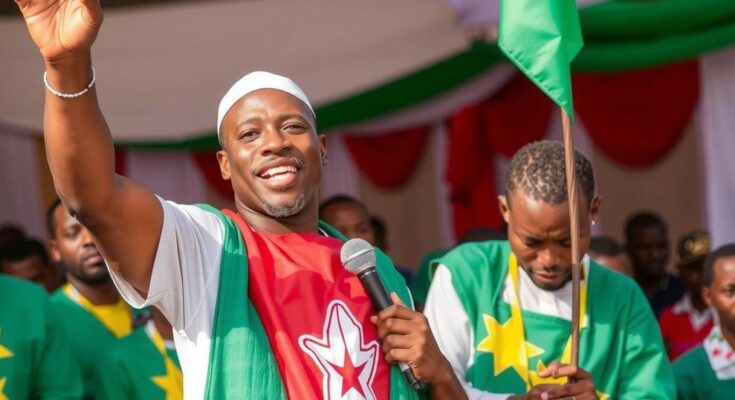Chad’s ruling party, the Patriotic Salvation Movement, won 124 seats in the National Assembly amid opposition boycotts and a low participation rate of 51.56%. This election follows Mahamat Idriss Deby’s military coup in 2021 and marks Chad’s first parliamentary elections in over a decade. Opposition parties labeled the vote a “charade,” highlighting concerns over its credibility.
In a controversial parliamentary election, Chad’s ruling party, the Patriotic Salvation Movement, has won a significant majority, securing 124 out of 188 National Assembly seats. This election, which saw a participation rate of only 51.56 percent, was largely boycotted by opposition parties, who claimed the vote lacked credibility and called it a “charade.” The election is viewed as the final step in President Mahamat Idriss Deby’s transition to democracy following his military takeover in 2021, which occurred after the death of his father, the long-time president Idriss Deby Itno.
Chad’s parliamentary elections, the first in over a decade, occurred against a backdrop of political tension and security challenges. President Mahamat Idriss Deby has emphasized decentralization and democratization, yet many opposition parties boycotted the elections, alleging a lack of fairness based on previous electoral disputes. This atmosphere is compounded by ongoing security threats from groups like Boko Haram and a shifting political landscape regarding military cooperation with France, following similar moves by other Sahelian states.
The recent parliamentary elections in Chad have resulted in the ruling party’s dominance, raising concerns over democratic legitimacy amidst a backdrop of opposition boycotts and security challenges. While the government presents this electoral process as a step towards decentralization and democracy, significant skepticism remains regarding its validity and the implications for Chad’s future governance and stability.
Original Source: www.aljazeera.com




